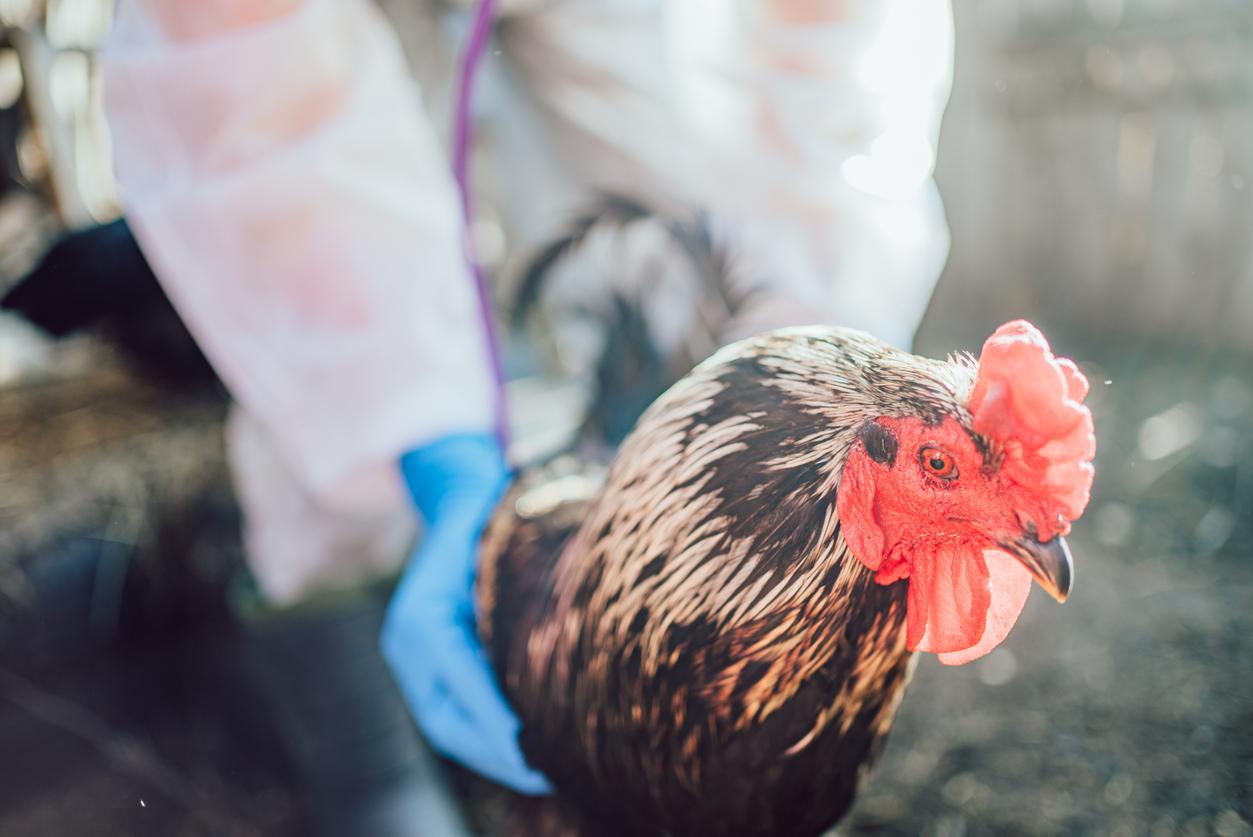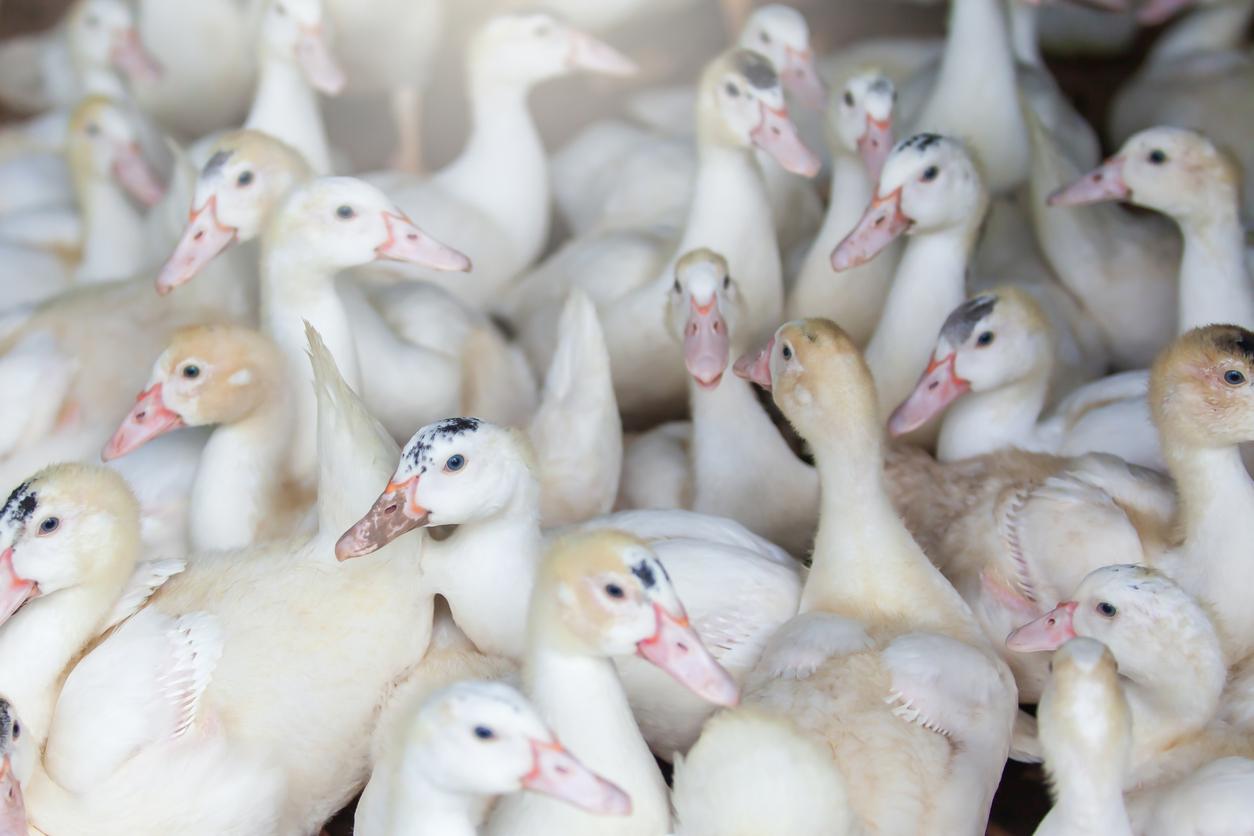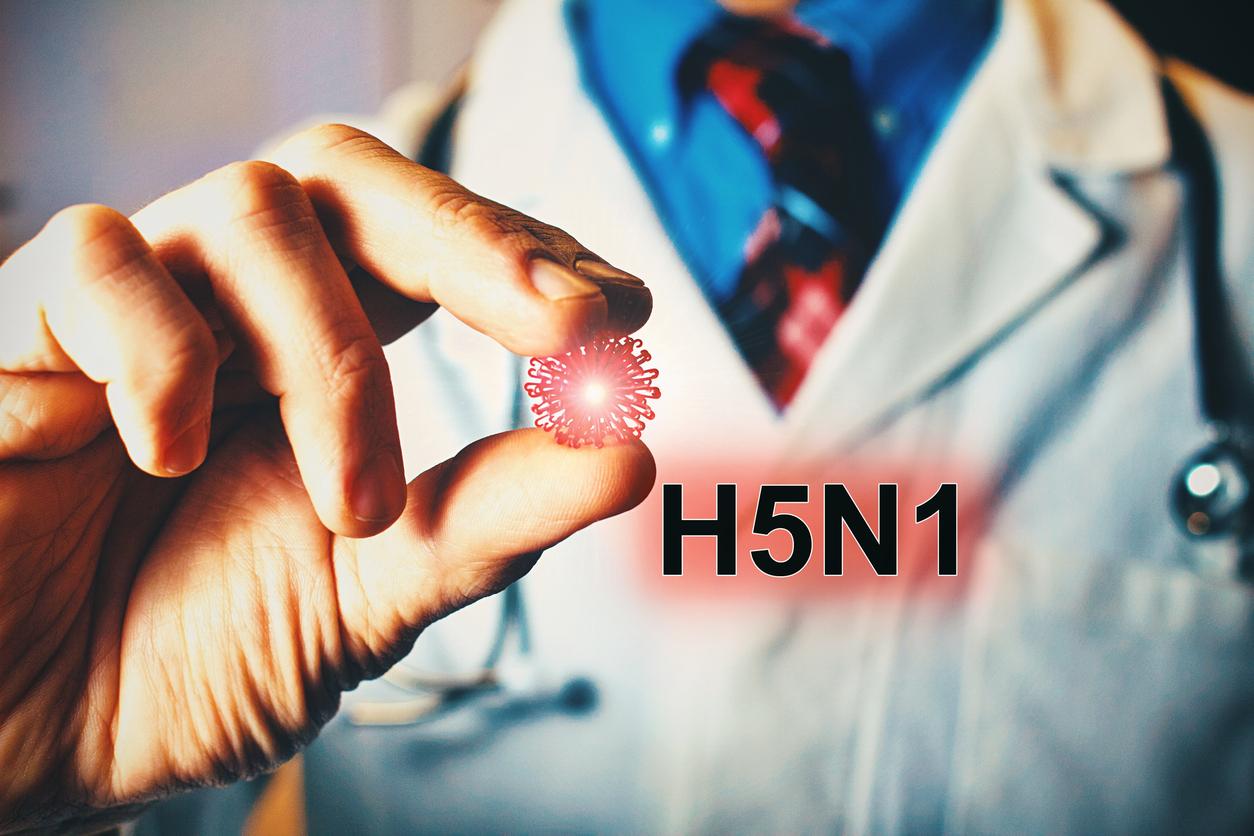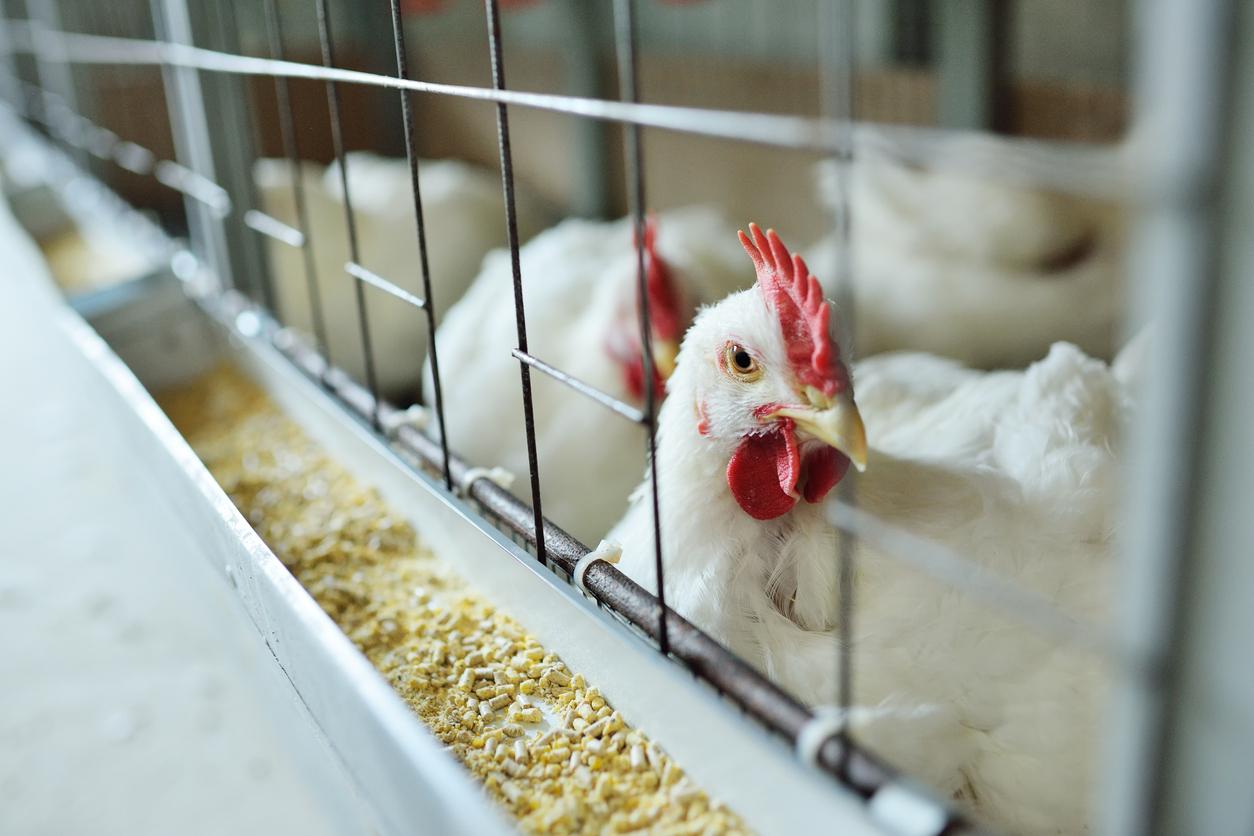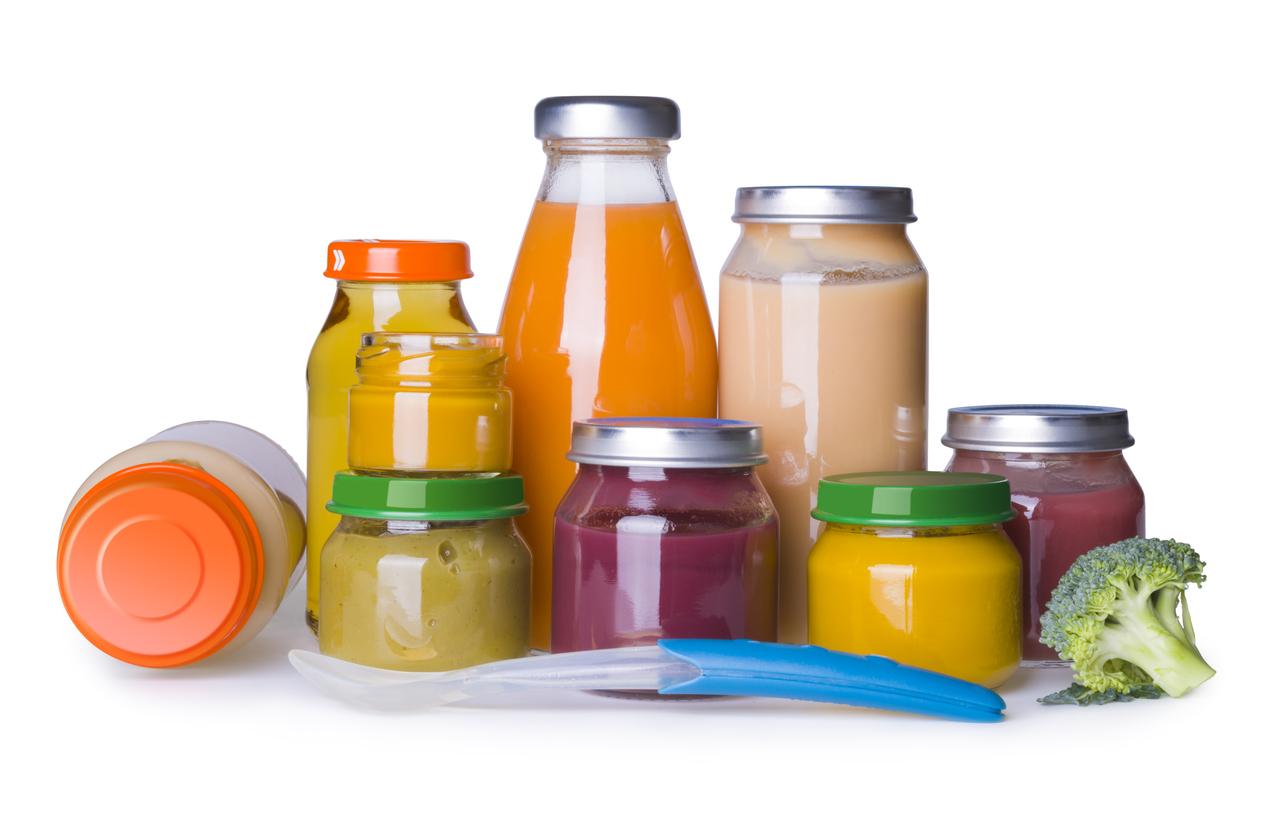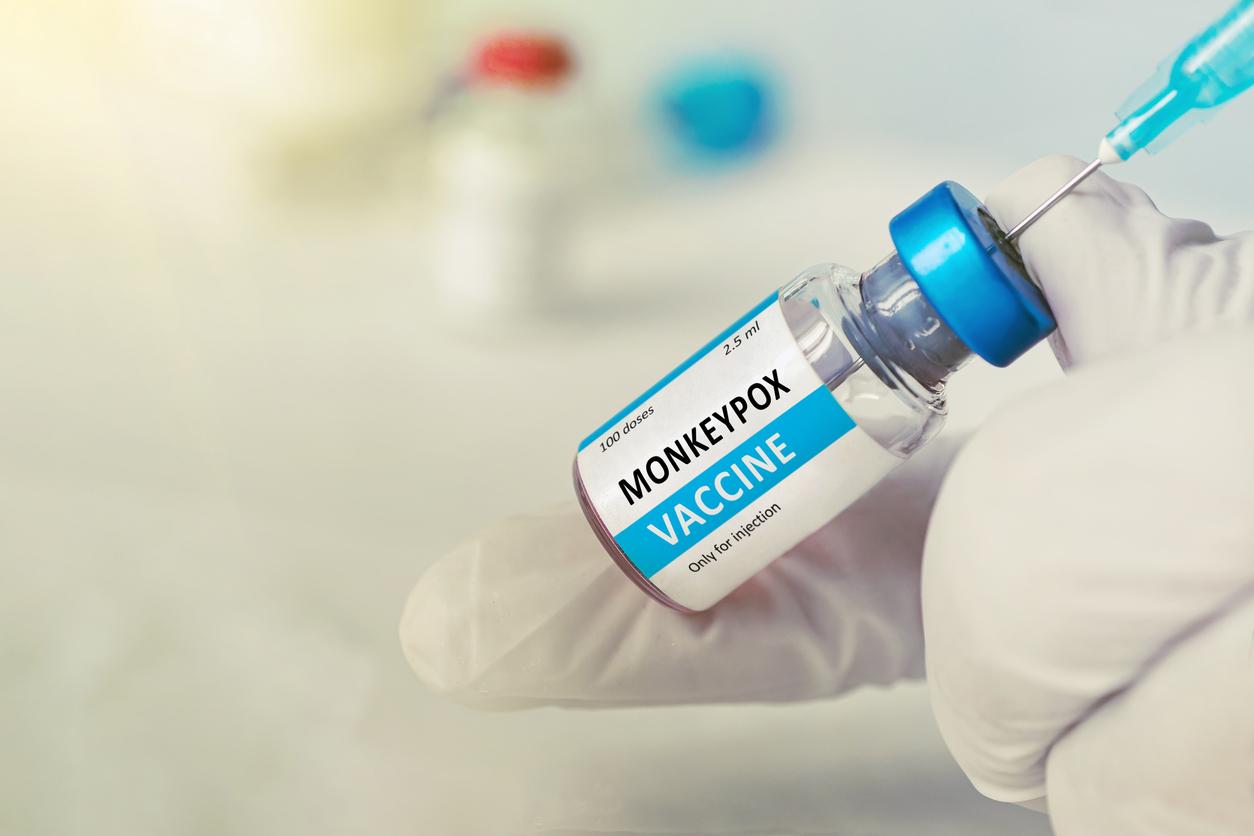To limit the risks of transmission of avian flu between animals and humans, it is important to take individual protection measures and to consult if contamination is suspected.
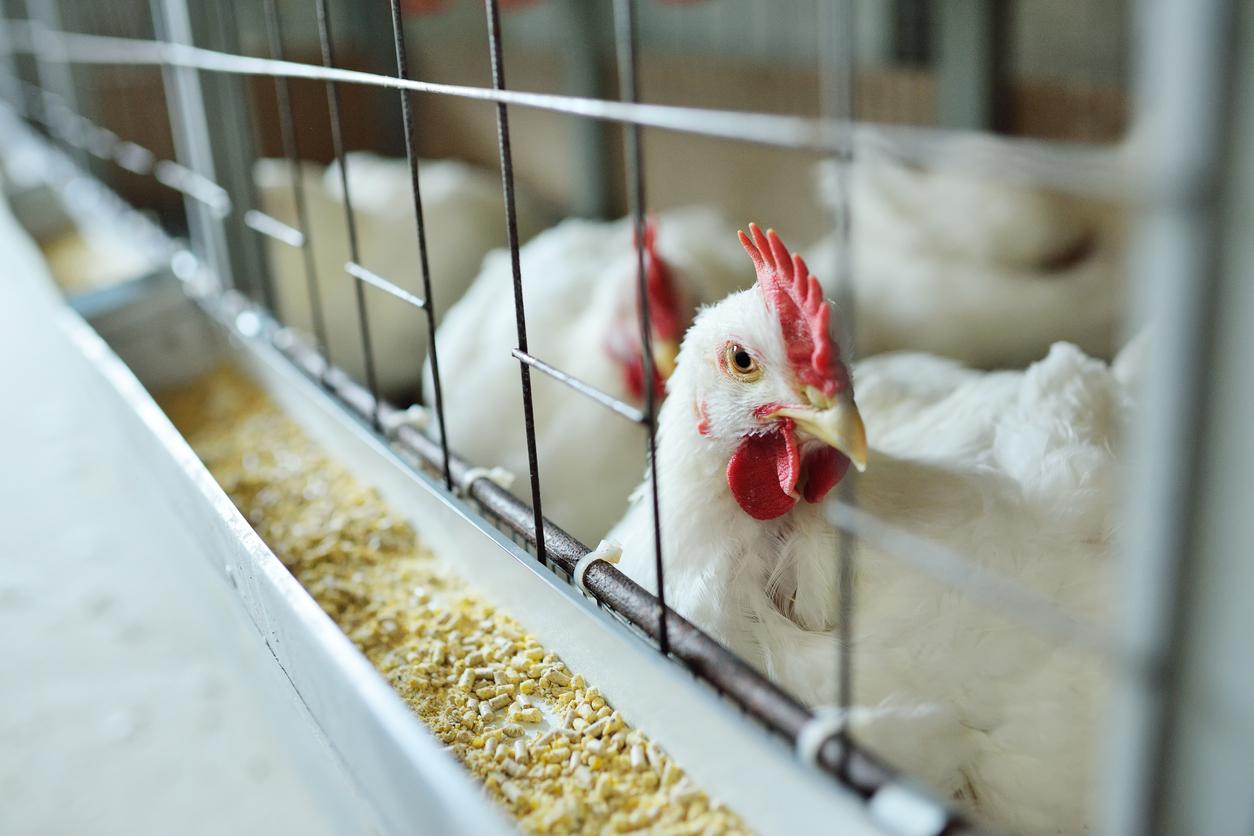
- Avian flu can be transmitted to humans.
- Although cases are rare, health authorities recommend taking several precautions.
- If you experience any symptoms, you should definitely consult a doctor.
Several outbreaks of avian flu have been detected in France in recent weeks. France is in “high risk” since December 5, according to the Ministry of Agriculture. According to Public Health FranceEurope suffers “the largest highly pathogenic avian influenza (HPAI) outbreak ever known“ since fall 2021.”Avian influenza is an animal disease, caused by influenza viruses, which affects many species of birds.develops the organism. These diseases can sometimes be transmitted to other species, including humans and many species of wild or domestic mammals..”
Avian flu: two routes of transmission of the virus responsible for influenza
The viruses responsible for avian influenza can be transmitted to humans in two ways: by air or by contact. Airborne transmission can occur in contaminated livestock, for example. The second route of transmission can be caused by contact with “domestic or wild birds, pigs or other mammals infected with an influenza virus or with contaminated surfaces (litter, droppings, materials, etc.)”. Although cases of transmission to humans are rare, health authorities encourage people to respect certain protective measures.
How to protect yourself from the viruses responsible for avian flu?
Public Health France explains that preventing the risk of transmission relies on protection. The organization recommends wearing single-use protective clothing in the event of contact with domestic or wild birds, pigs or other mammals, a respiratory protection mask (preferably FFP2) as well as glasses or a visor. protection and waterproof protective gloves. In the absence of this various equipment, it is not recommended to be in contact with animals that are infected or likely to be infected.
Single-use clothing must be thrown away after the procedure and boots disinfected. After each contact with animals or contaminated surfaces, you must wash your hands with soap or a hydroalcoholic solution, even if you have worn protective gloves. Clothing worn under the suit must be removed before returning home: The Minister of Agriculture advises to “store work clothes separately from street clothes”.
Avian flu: vaccination to limitreassortments“between human and animal viruses
At the same time, the Ministry of Agriculture reminds that vaccination against seasonal flu is recommended “for professionals exposed to avian and porcine viruses (breeders, veterinarians, technicians) in a professional setting”. “This vaccination intended to protect against seasonal influenza limits the risk of reassortment between animal viruses (avian or porcine) and human viruses and prevents the transmission of seasonal influenza viruses to animals in pigs.develops the ministry. This vaccination does not constitute an individual protection measure against zoonotic porcine or avian viruses.”
How to react if exposed to the avian flu virus?
Finally, in the event of exposure to the virus, it is recommended to monitor the possible appearance of symptoms in the following ten days. This may include fatigue, fever, body aches, headache, runny nose, cough, difficulty breathing, dizziness. If any of them appear, you should immediately consult a doctor. The latter must be informed of exposure to infected animals. A test then makes it possible to check the contamination. If it is positive, the doctor prescribes appropriate treatment and barrier gestures must be respected.









